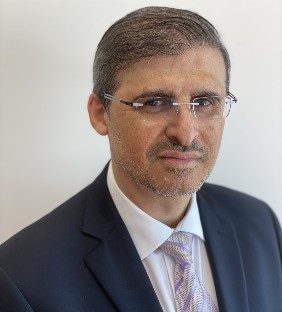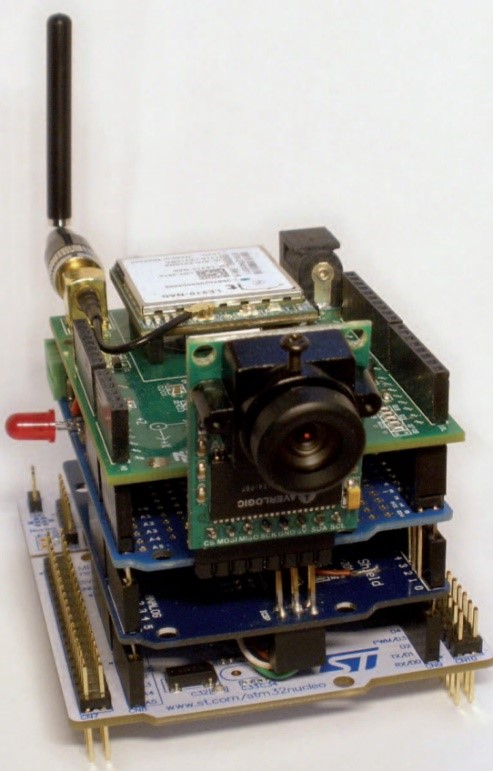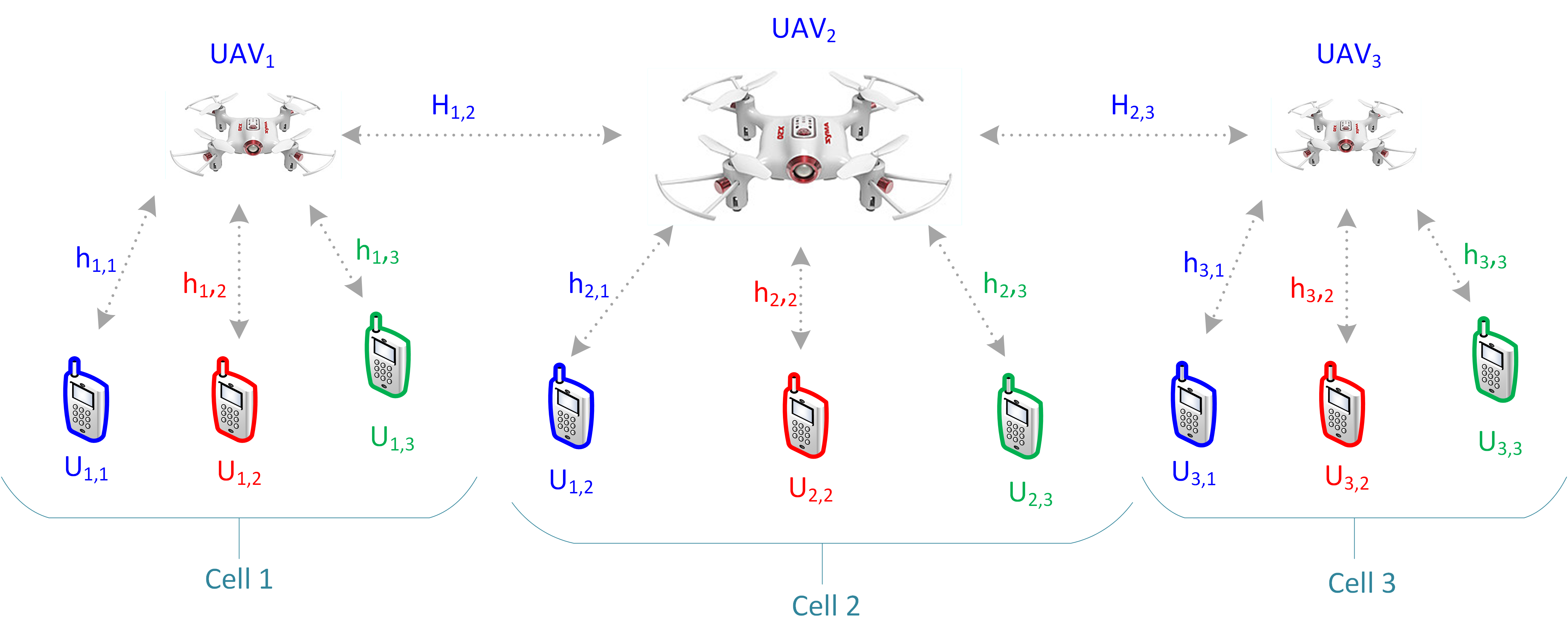- Admissions
- Academics
- Research Office
- Student Life
- News & Events
- Outreach
- About

Prof. Arafat Al-Dweik received M.S. (Summa Cum Laude) and Ph.D. (Magna Cum Laude) degrees in electrical engineering from Cleveland State University, Cleveland, OH, USA in 1998 and 2001, respectively. He was with Efficient Channel Coding, Inc., Cleveland-Ohio, from 1999 to 2001. From 2001 to 2003, he was the Head of the Department of Information Technology at the Arab American University in Palestine. From 2003 to 2012, he was with the Communications Engineering Department, Khalifa University, United Arab Emirates. He joined the University of Guelph, ON, Canada, as an Associate Professor from 2013-2014.
Dr. Al-Dweik is a Visiting Research Fellow at Newcastle University in the UK since 2006. He is also a Research Professor and member of the School of Graduate Studies at Western University and the University of Guelph, ON, Canada.
Dr. Al-Dweik has extensive editorial experience where he served as an Editor with the IEEE Transactions on Vehicular Technology, 2013-present, and IET Communications, 2015-present. Moreover, he was an organizing committee and TPC member in several major conferences such as GLOBECOM, ICC, PIMRC and WCNC.
Dr Al-Dweik has extensive research experience in various areas of wireless communications and Intelligent Transportation Systems. He published more than 170 articles in highly prestigious international journals and conference proceedings and raised over $3.6M of research funds.
Dr Al-Dweik has active entrepreneurship where he is the founder of two startup companies, and has eight patents with the USPO.
Dr. Al-Dweik received several research awards such as the Leader-Founder Award, UAE November 2019. Best Academic Research Award, Dubai Award for Sustainable Transportation, February 2017, Fulbright scholarship, USA 1996, Hijjawi Award for Applied Sciences, Jordan 2004, and received the best paper award in several conferences. He is a Senior Member of the IEEE, and a Registered Professional Engineer in the Province of Ontario, Canada.
https://sites.google.com/a/fulbrightmail.org/dweik/

Design of Hybrid High Density WSNs: An Optimum Decision Fusion Approach with Application to Palm Weevil Detection
Wireless sensor networks (WSNs) and Internet-of-Things (IoT), are among the main enabling technologies for smart systems (transportation, farming, health, etc.). Therefore, WSNs/IoT have received enormous attention where various communications-related performance metrics were considered such as reliability, connectivity, throughput, delay, network life-time, power efficiency and security. In the literature, WSN design is typically optimized to maximize/minimize one or more of the aforementioned metrics under certain constraints. However, very little work has been performed on system/network optimization while considering the communications requirements jointly with the decision fusion process. Such approach is expected to produce novel system, network and signal designs. Consequently, the main objective of this project is to jointly consider communication and data fusion requirements in designing an efficient WSN-IoT system/network that maximizes the control action accuracy and minimizes the system cost. The system design will focus on red palm weevil detection, which is one of the world's most destructive palm pests.

Scalable Cloud-Based Micro-Station for Green Intelligent Transportation Systems
The ultimate goal of this project is to develop, prototype, deploy and field test a new portable and scalable low-cost road side device for integration in intelligent transportation systems. In this project we call this device a Scalable-Enhanced Road Side Unit (SERSU), which is designed as the next generation of a previous road side unit design that has been developed as part of the “Agile Technology for Next Generation Traffic Control Systems”.
The proposed SERSU has scalable functionality such that its minimum configuration can be used for implementing speed-adaptive traffic control system while its maximum configuration is designed for implementing speed-adaptive traffic control, pollution-adaptive traffic control, and acting as a weather information system.

PHY Layer Security for Heterogenous UAV-Ground Wireless Networks
This project aims to holistically evaluate the feasibility of adopting physical layer security (PLS) techniques for unmanned aerial vehicles (UAVs) aided wireless communications networks. Although PLS has been thoroughly investigated in the literature and proved to be very effective, integrating UAVs with wireless networks has created new threats to such techniques which allows malicious parties to exploit the system vulnerabilities to cause deliberate or accidental harm. More specifically, PLS highly depends on the stochastic and uniqueness of the wireless link between the communicating devices. Nevertheless, in the case of UAV-aided networks, the wireless channel may not have sufficient position-related randomness to allow a random key generation process. Moreover, it might be possible for an intruding UAV to clone the key by flying in proximity of a legitimate UAV. Therefore, one of the goals of this project is to evaluate the vulnerabilities of UAV-aided networks and propose efficient solutions to mitigate the system's weakness. Furthermore, the concept of physical unclonable functions (PUFs) will be applied in the context of wireless communications to improve the immunity of conventional PLS techniques.
Several positions are available for outstanding PhD students